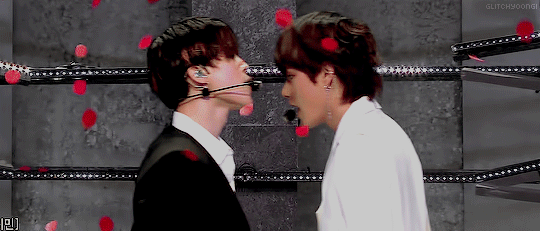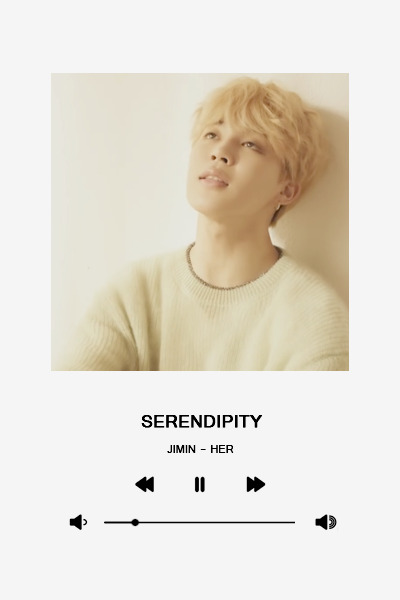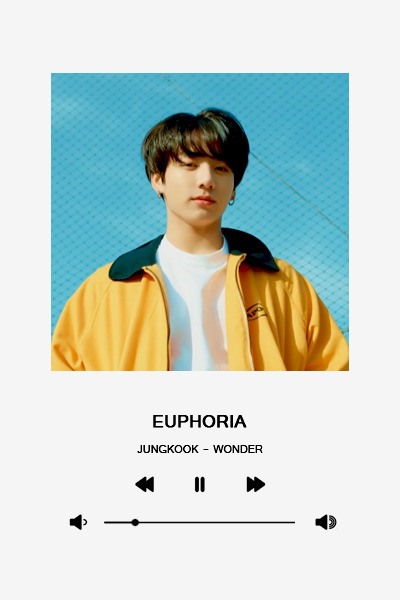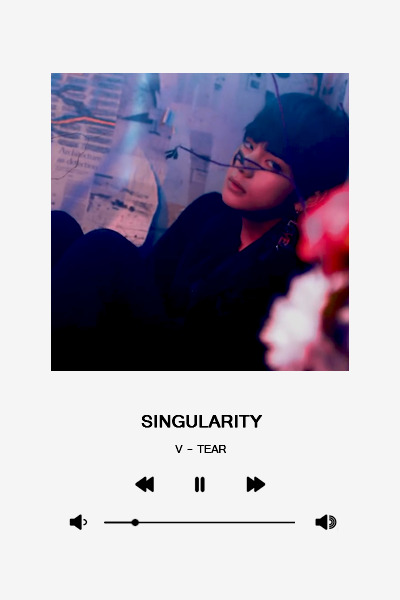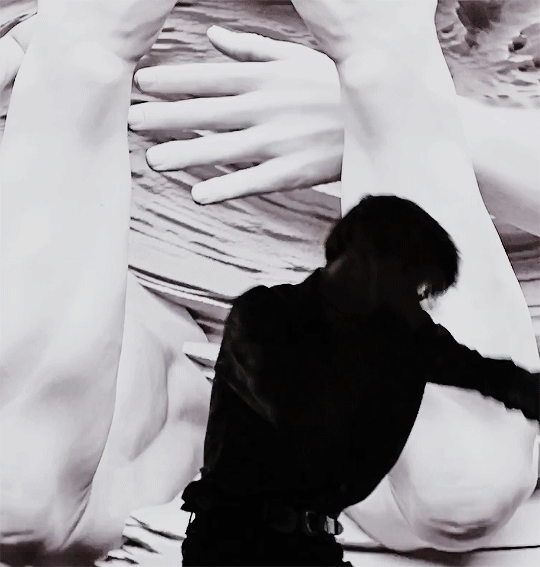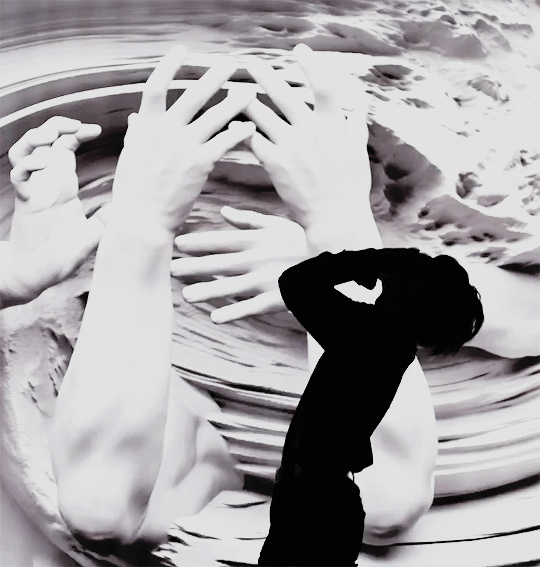Cheni| a helpless 98liner|.|sideblog-follow back on @elsear| |writings| My Caelum |bts writing squad | bangtan bookclub
Don't wanna be here? Send us removal request.
Photo
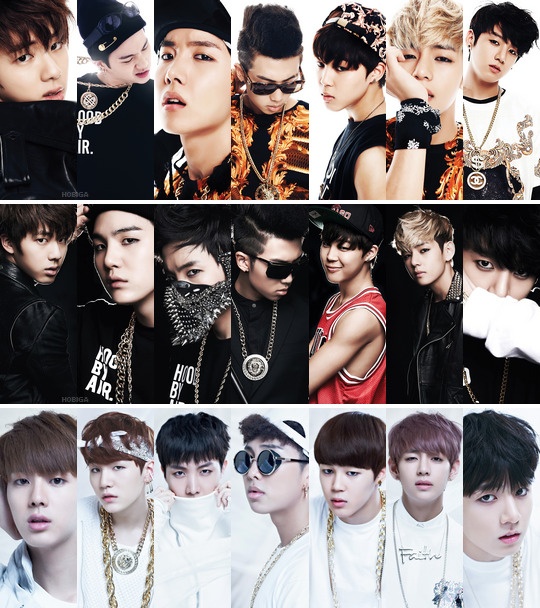
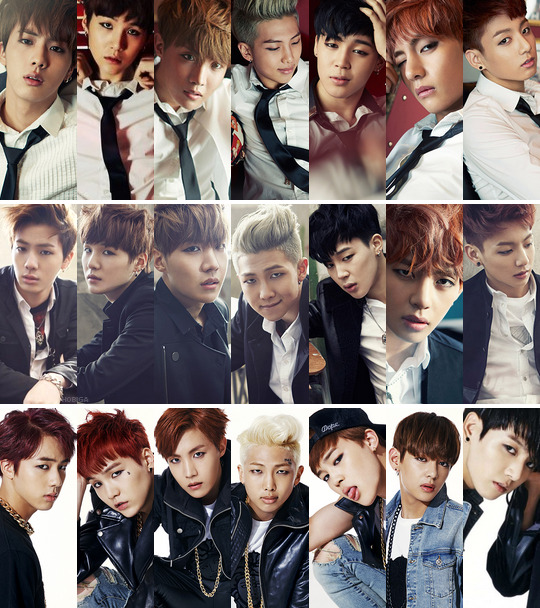
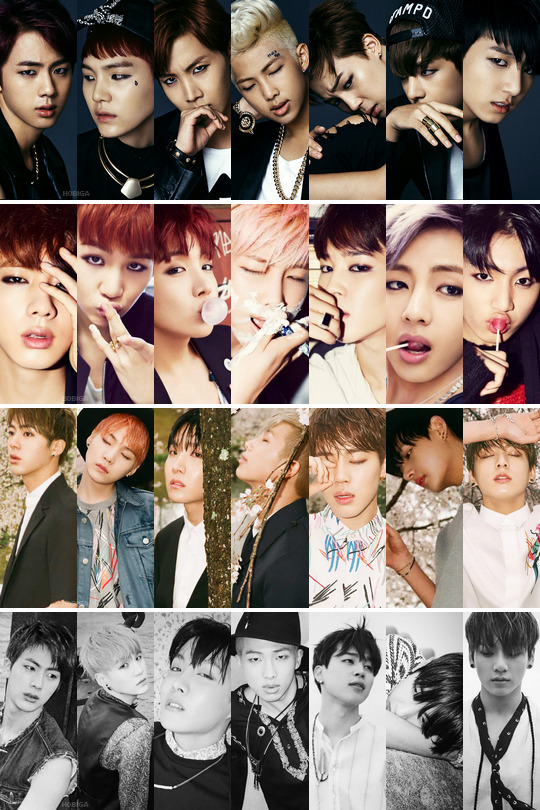
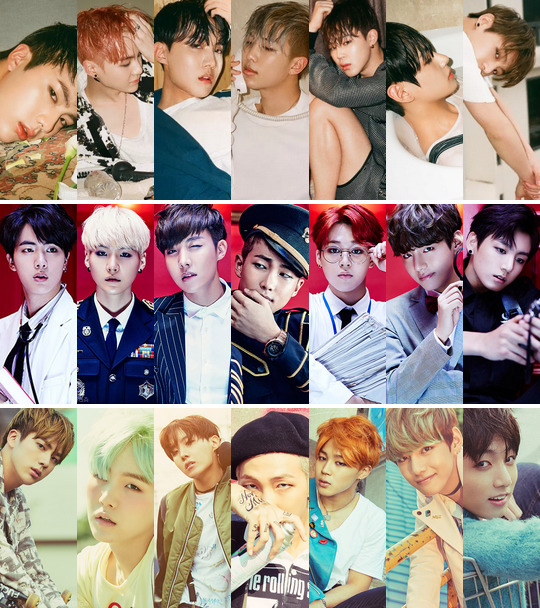
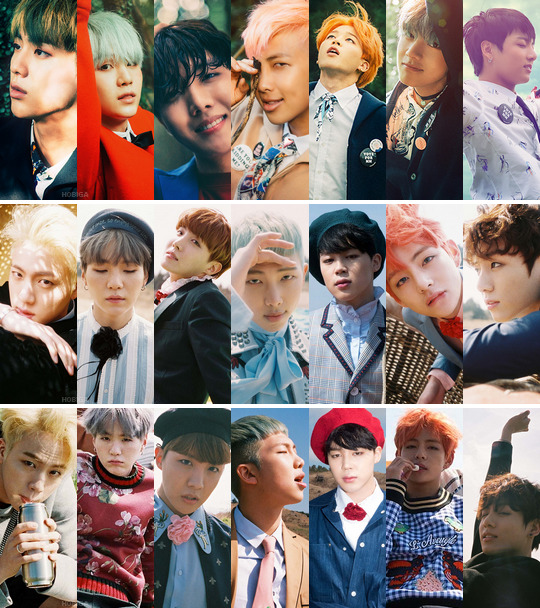
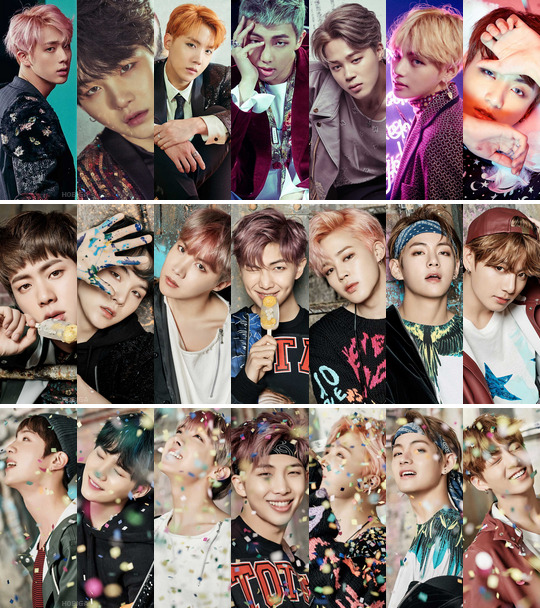

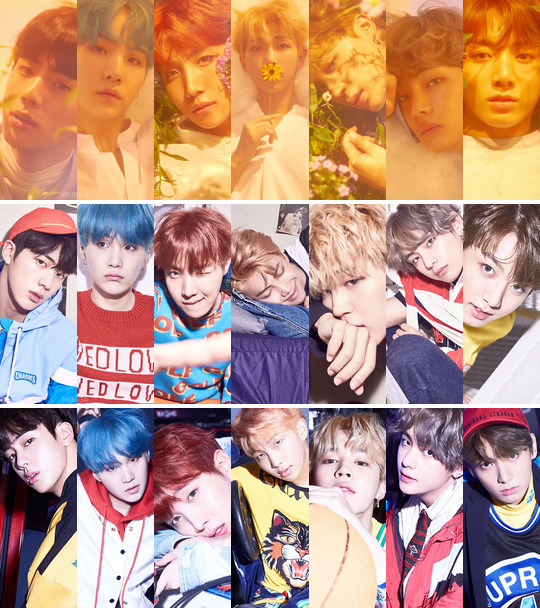
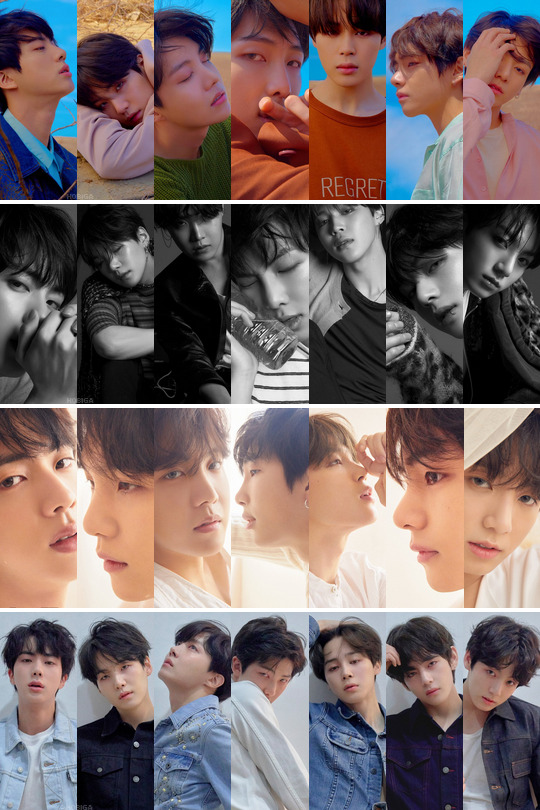
BTS’s concept photos since 2013 ~ Korean Albums
15K notes
·
View notes
Text
Masterlist
BTS- *will update soon!*

-coming soon

|Drabbles/Shorts|
Coming Soon

|Series|
Powder Snow |prologue| -fluff, angst
|Oneshot/Drabbles/Shorts|
Cuffing Season- fluff, angst

-coming soon

|Drabbles/Shorts|
To Succor a Calico Cat- a smidge of angst, fluff
Remember When…? - a smidge of angst, fluff

-coming soon

|Series|
-coming soon
|Oneshots/Shorts/Drabbles|
-coming soon
****UPDATED 6/8/2018. Deleted abandoned works or works I felt unsatisfied with.
|Short Series, Omnibus|
Never Left Without Saying Goodbye (Taehyung, Jin, Yoongi series)
These stories are short scenarios on the sudden death of the reader, and features things they would “leave behind” as their token of goodbye to their loved one. It is loosely inspired by the game Deemo. Angst ahead!!!
1) A Lonely Serenade (Your Glass Slippers)- Taehyung x Reader
2) Smeraldo (Your Flowers)-Seokjin x Reader
3) Time Machine (Your Teddy Bear)-Yoongi x Reader
17 notes
·
View notes
Video
tumblr
CONGRATS TO BTS FOR WINNING TOP SOCIAL ARTIST AT THE BBMAS AGAIN
8K notes
·
View notes
Photo
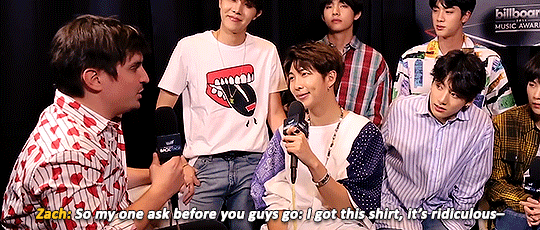
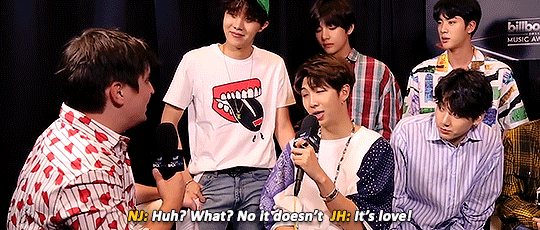
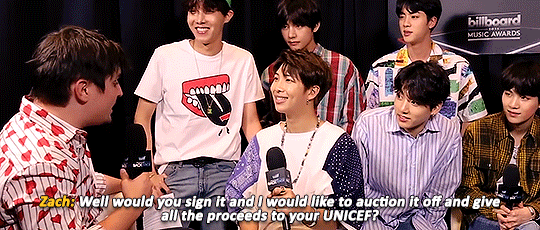
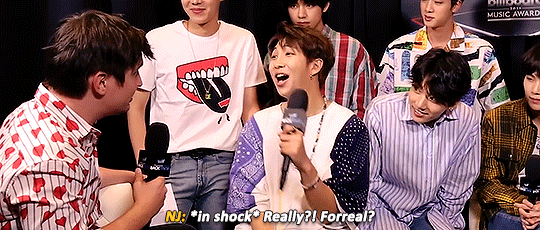
Good people do exist ❤️
Bonus:
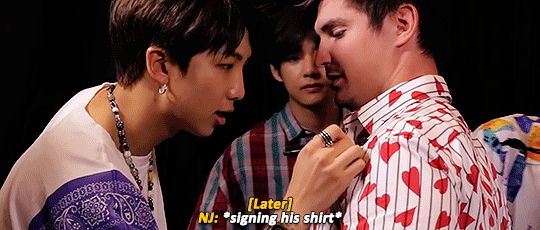
20K notes
·
View notes
Text
BTS Achieves First Ever Certified All-Kill With “Fake Love”
BTS has scored a certified all-kill with their new track “Fake Love!”
On May 19 at 2:30 p.m. KST, the song reached No. 1 on all six major Korean realtime and daily charts, including Melon, Genie, Bugs, Mnet, Naver, and Soribada. It also topped iChart’s realtime chart.
10 hours later (12:30 a.m. KST, May 20), the song still remains at a certified all-kill, holding its position on the top domestic music charts.



Congratulations to BTS!
Source
3K notes
·
View notes
Photo




my agonizing phantom pain is still the same
have i lost myself
or have i gained you?
11K notes
·
View notes
Photo

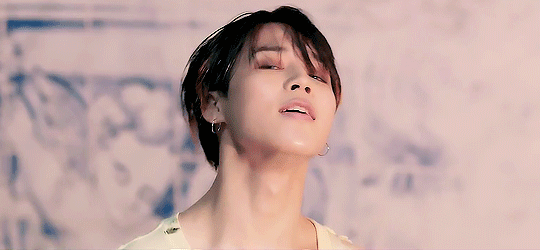



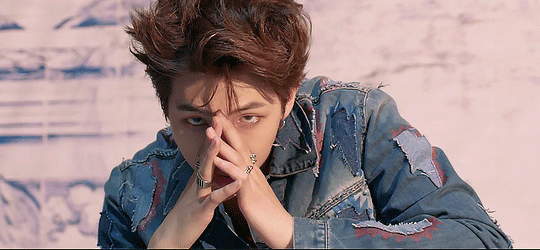

Fake Love Teaser 2
10K notes
·
View notes
Photo
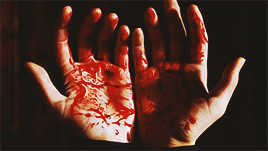
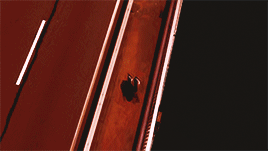


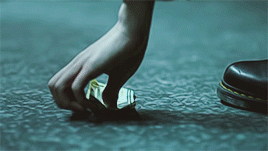



LOVE YOURSELF 起 Wonder
1K notes
·
View notes
Note
Awbsjqhauq this was so SOFT QJSJSBJS TOO cute to read but I have an objection I AM NOT SMOL LMAOOOO. Yes tho we would just chill under the shade and talk about how to torture people with angst like we talk about the weather and then maybe I'll actually learn to write cohesive sentences again orz
✨🌸Spring is coming🌸✨ Go out on cute lil dates with your mutuals. Tag one for each and tell them why you chose them. (coffee date, concert date, hiking date, amusement park date, picnic date, blind date with a mutual you don't know well but want to get closer with)
jfa;woeifj i just got another one and i don’t know if it’s from the same anon but now there’s an additional date option HAHAH I HAVE SO MUCH LOVE TO SPREAD SO I’LL DO THIS AGAIN BUT WITH DIFFERENT MUTUALS!!!
Keep reading
11 notes
·
View notes
Text
The 15 PLOT POINTS of Story Structure
To all the writers who have ever been told they need to outline their story, and privately thought “Great. But how do you DO that? What exactly does that mean?! Is there a map? WHAT IS THE SPECIFIC DEFINITION OF THE VAGUE WORD ‘OUTLINE’?”
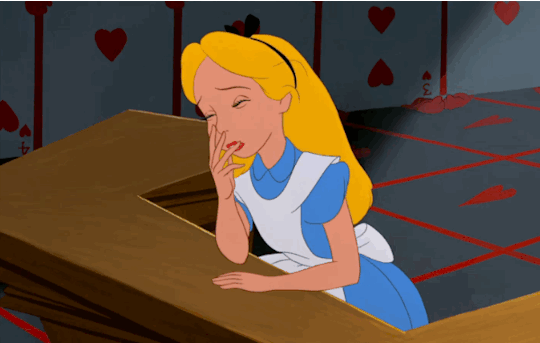
Good news. Stories have structure. Structure that can be learned. And a fantastic place to start learning structure?
Save the Cat: The Last Book on Screenwriting You’ll Ever Need by Blake Snyder. This book gives a simple outline that most stories follow. And as an introduction to story structure, it can’t be beat.

In Save the Cat, 15 plot points are spelled out in something called a beat sheet. During the outlining process, these “beats” or plot points can be used as an armature or skeleton that your story is built upon.
So what are those 15 plot points?
Opening Image: A snapshot of the hero’s problematic ordinary world, right before the story starts and changes everything.
Set-Up: Further establishing that ordinary world and what the hero does every day, impressing upon the audience or reader what’s wrong, and the idea that something needs to change.
Theme Stated: The truth that the hero will learn by experiencing the story, the statement that will be proven to the audience. But upon first encountering this truth, in this story beat right in the beginning, the hero doesn’t understand or outright refuses to believe it. The theme stated is asking a question, a question which the story will answer.
Catalyst: The ordinary world is shattered. Something unexpected happens, and this event triggers all the conflict and change of the whole story. Life will never be the same after this moment. This is the Call to Adventure.
Debate: But for a moment, the hero won’t be quite sure about answering that call. Leaving behind the ordinary world is difficult – even if the catalyst has come along and disrupted everything – because the ordinary means safety, it means not being challenged, it means avoiding conflict and heartache. Yes, that existence they’re stuck in might be stagnant and unpleasant, but it protects them from facing the intimidating task of growth, of becoming something better.
Break Into 2: And this is when the hero decides to answer the call and cross the threshold of act two, determined to pursue their goal.
B Story: This is when the relationship – which usually carries and proves the theme – starts in earnest.
Fun & Games: This is just what it says: the premise promised a certain type of pure entertainment, and this beat is where we get to experience it fully.
Midpoint: This is either a false victory or a false defeat. Something really really good happens. Or something the exact opposite.
Bad Guys Close In: Forces of opposition and conflict begin to converge on the hero and his goal. Everything begins to fall apart for the hero, the defeats piling up one after another, the main character punching back.
All Is Lost: This is the sequence where absolutely everything falls apart for the hero. The plans fail, the goal is lost, the mentor dies, the villain wins. All is, quite literally, lost.
Dark Night of the Soul: The hero’s bleakest moment is right here. In addition to all of the tangible things that have been lost, hope and the gumption to continue with the story have also vanished. There is usually a hint of death here, of some kind. An actual death, or an emotional or spiritual death.
Break into 3: Ah, but there’s a light at the end of the tunnel. Inspiration occurs, hope is rekindled, courage to pursue the story returns. Usually, this is the moment where the main character learns what they NEED, the truth which will heal them, and allow them to fix their own lives. With this, they are able to snatch victory from defeat.
Finale: And in here, the story goal is pursued once more, but this time from the stronger version of the hero – the version that has learned the theme, and committed to act accordingly.
Closing Image: The opposite of the opening image. This is a snapshot of life after the story, the problems of the ordinary world solved or banished, a new world opening up for the hero. If the opening is the equivalent of “once upon a time” this is saying “And every day after … “
So let’s see how that works! And to see it, let’s look at my favorite short film of all time – Paperman (because this gave me an excuse to watch it several times and listen to the music while writing it.)
1) Opening Image
We see George, a twenty-something in a sixty-something’s suit and tie, obviously on his way to work, and not looking at all enthused about it. He stares straight ahead, expression bored, lifeless, right on the edge of depressed. Wind from a passing train pushes him slightly, and he lets it, demeanor unchanging.
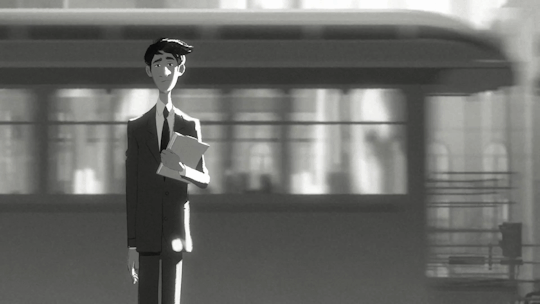
2) Set-Up
But then a sheet of paper, caught on the wind, hits his shoulder. The paper flies off again, and a young woman appears onscreen, chasing after the paper, as the surprised George watches.
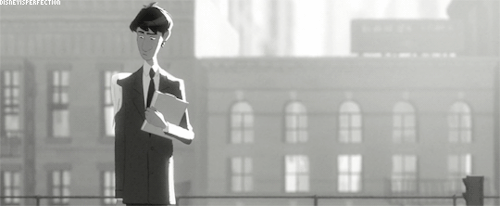
After catching it offscreen, the girl returns, tucking the paper into the stack she carries, smiling slightly. They both face forward, waiting for the train side-by-side, in silence. She’s glancing sideways at him, he’s smiling and fidgeting nervously, but still resolutely facing forward; they’re both aware of each other, seemingly hoping the other will be braver, but neither able to overcome their shyness and the unspoken rules of everyday life.

3) Theme Stated
As a train charges into the station, a paper from George’s stack is snatched by the wind and lands flat on the woman’s face. When he pulls the paper away, she laughs: her lipstick left a perfect kiss mark on the sheet. When George spots it, he laughs too …
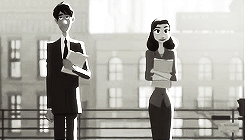
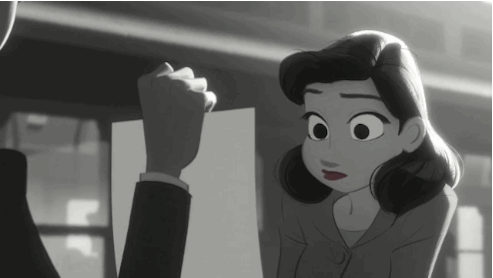
but when he opens his eyes, she’s gone. She’s boarded a different train. The kiss-mark paper flaps in the wind as the train begins to move, taking her away. He watches, crestfallen. She glances back. Looks of regret and disappointment are exchanged, both a little wistful. The paper, the symbol of their fleeting memorable meeting, waves goodbye.
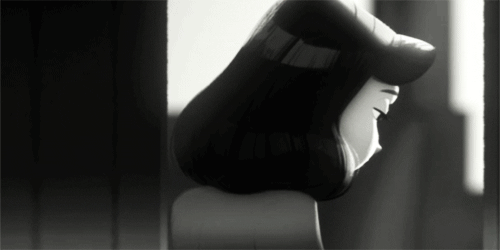
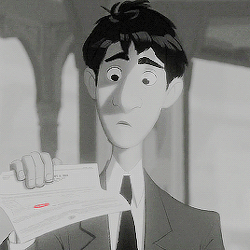
Through this little sequence of images, the question of the whole story is asked: Was there a connection between them? Will they find each other again? And on a wider level: What does it take to find love?
Further Set-Up:
And cut to George behind a desk, in a gray office, dark file cabinets towering behind him, clocks on the wall ticking away his life. Miserable again, he stares at the lipsticked paper. A stack of documents slams onto the desk from on high. The grim-faced boss of the office scowls down at him. George frowns at the stack, then at his boss, who stomps away.
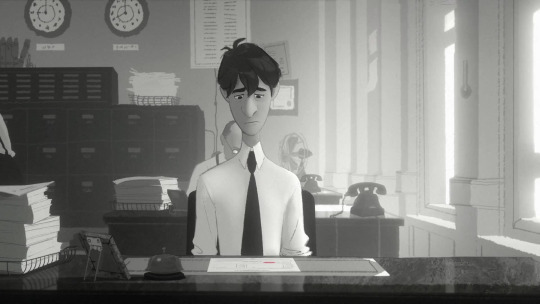

4) Catalyst
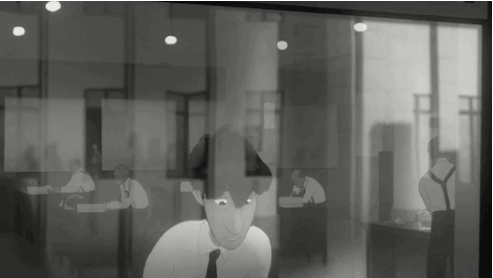
Breeze pulls the kissed paper off his desk and out the open window. He catches it just in time, breathing a sigh of relief. And then he sees something. The girl! She’s there! She’s right across the street!
5) Debate
He needs to get her attention! He dithers for a moment, then throws the window wide and enthusiastically waves his arms.
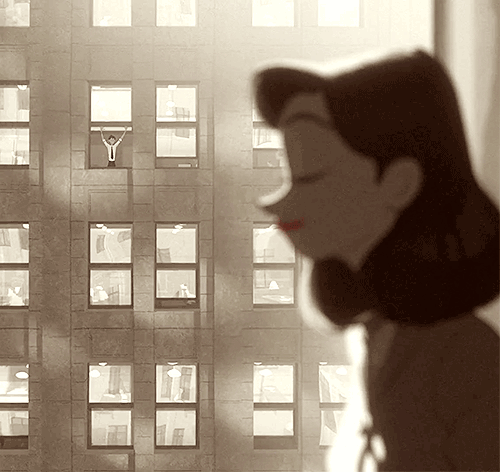
An ominous “ahem” from the boss brings him back inside, and back to his desk. But his attention is still on the girl, and the need to get her attention. He folds a paper airplane, stands before the window, poises the airplane to fly … but he glances at his boss’s office before he throws it. Should he?

6) Break Into Act 2
Yes. Yes, he should. He sends the little airplane messenger to bridge the distance between himself and the girl.
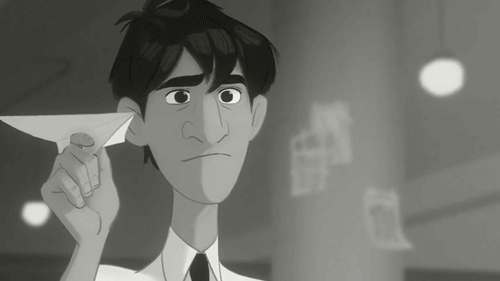
7) B Story
What he should have done while waiting for the train, he’s committed to do now. Talk to her. The relationship of the story has started officially.
8) Fun & Games
In this moment, he becomes the “paper man” of the title. He folds and throws paper airplane after paper airplane. The boss shows up, shoves him back and slams his window. George pauses until he’s gone, then just keeps sending airplanes. They sail over the street, but are intercepted or miss their mark every time.
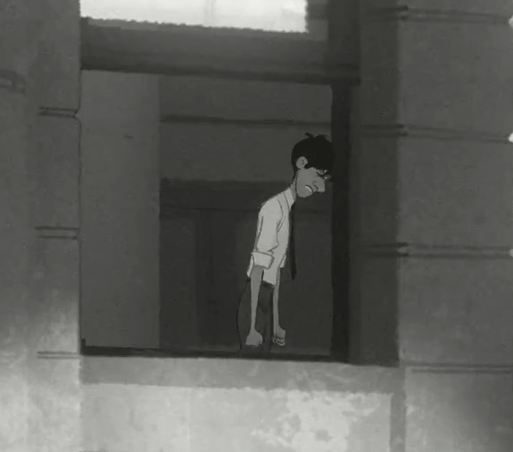
9) Midpoint
He reaches for more paper … and knocks an empty tray off the desk. He’s run out. Except for one paper, the kissed one, the only one he’s held onto. With a determined look, he folds it precisely into an airplane, stands before the window, breathes to steady himself …
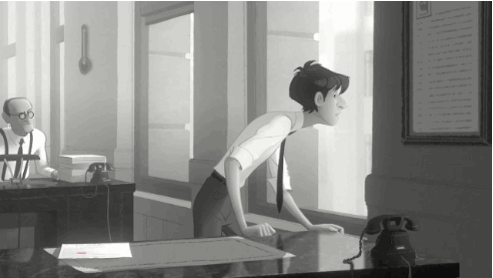
And the wind steals the airplane from his hand, sending it spiraling to the street below, George reaching out pointlessly. On top of this defeat, the girl leaves the office.
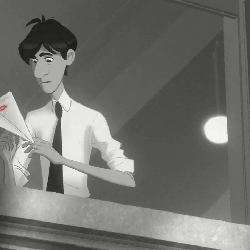
10) Bad Guys Close In
Immediately, the boss emerges from his lair. The other office workers hurriedly return to their scribbling, hunched to avoid drawing attention. The girl is leaving the building across the street! George turns from the window … and finds the boss looming above him, glowering, delivering another tall pile of meaningless work.

George sinks into his chair, defeated. But something happens as he watches his boss walk away, as he sees the office workers in neat rows; all of them older versions of George, reflections of what he will become … if he doesn’t do something right now.
He runs, sending paper from the perfect stacks flying in his wake.

11) All Is Lost
But when he escapes the building, and attempts to cross the street, cars nearly kill him. And when he finally makes it to the opposite sidewalk, the girl is nowhere in sight. She’s lost again.
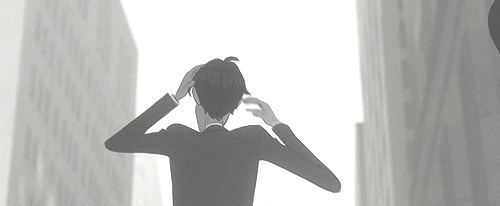
And all he manages to find is the little traitorous paper airplane. The paper he’d believed might mean something, might have signified something important and maybe a little magical. Which it obviously never did.
12) Dark Night of the Soul
Angry, he grabs the plane and throws it with all his strength. He’s lost his job, he’s lost the girl, he’s lost all faith in the magic he’d just started to believe might be real. He stomps towards the train station, returning home.
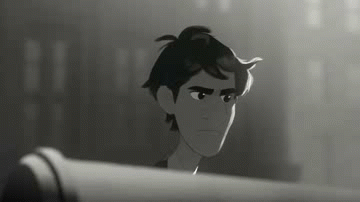
13) Break Into 3
But fate has other plans. The airplane glides over the city, almost supernaturally graceful and purposeful. It dives between buildings, and lands in the middle of the alley where all the paper planes have collected.
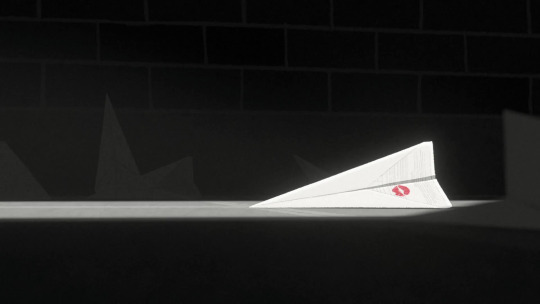
It sits immobile. Then it moves. Moves again. And jumps into flight. The airplane flies over the rest, stirring them into motion, into the air. In a place where not even a breath of wind could reach, there is now a whirlwind of George’s airplanes.

Though the forces of mediocrity tried to keep them apart, something greater has recognized George’s efforts and is going to see things through.
14) Finale
A parade of airplanes follows George down the street.
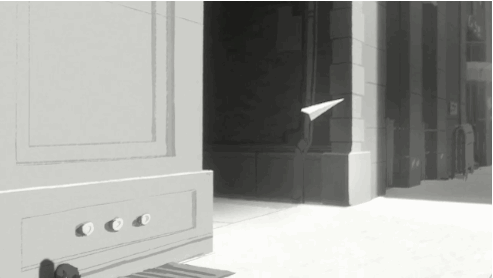
The leader attaches to his leg. He brushes it off, mad. A flurry of them attach to him, then carry him down the street, unfazed by his fighting.

The leader airplane rockets over the city purposefully, finds the girl, then lures her to follow.
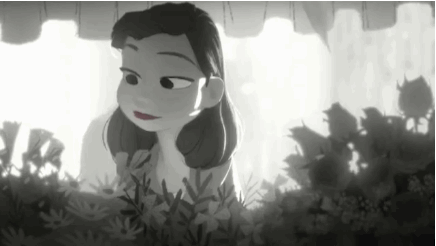
She chases after.
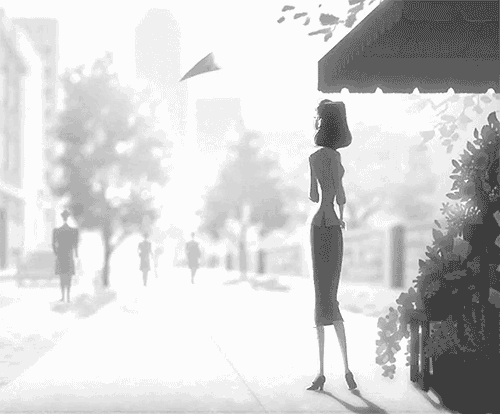
Somewhere else in the city, George is being pushed wherever the paper airplanes want him to go. We switch back and forth between George and the girl, as the airplanes push him and beckon her.
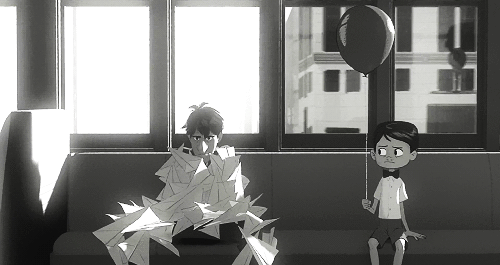
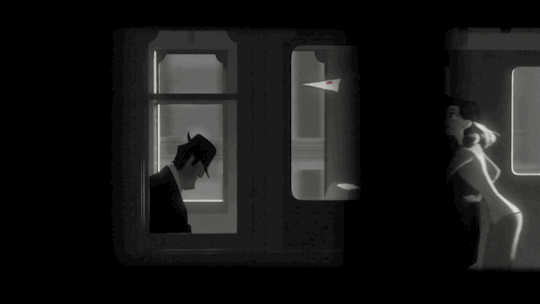
Until they’re both on different trains, which stop simultaneously, on opposite sides of the platform. The girl gets out. She fiddles with the airplane, like she’s trying to get it to work again. And just then, a breeze brings hundreds of paper planes skittering all around the platform.
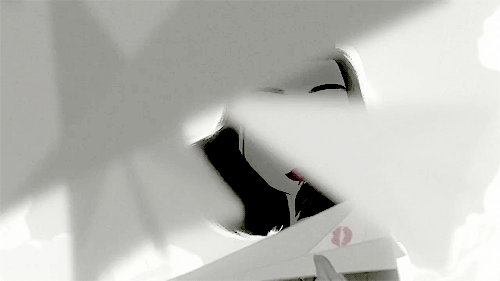
She looks up …
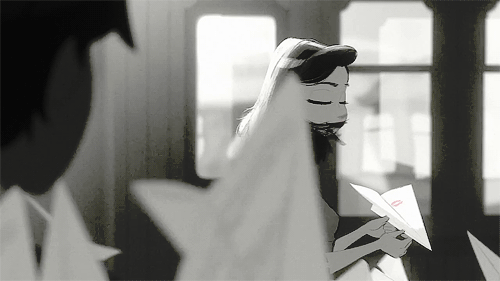
15) Closing Image
And there’s George, covered in paper planes.

He lurches towards Meg, and the airplanes falls away, their work done.
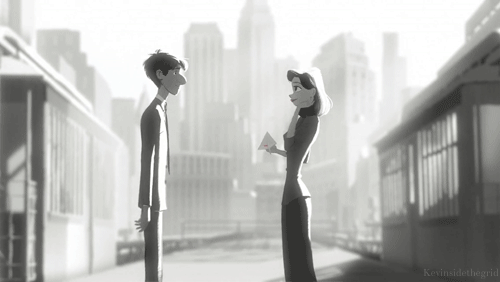
George and Meg face each other, smiling, the barriers of routine and shyness overcome. Exactly what should have happened, exactly what was meant to happen. Putting effort into connection and love prevailed in the end, defeating the allure of life spent in safety and mediocrity. The closing image is the opposite of the opening: he’s not alone, he’s not facing the train leading to his mundane job, he’s not looking miserable and hopeless. He’s facing the girl, his bright and meaningful new future. ***
So! Those are the 15 plot points. This is a fantastic way to begin learning what story structure is, why it works the way it does, and how to precisely pull it off.
For a more in-depth explanation, I highly recommend picking up a copy of Save the Cat. (It holds a special place in my heart; it was the first screenwriting book I ever read, and started obsessive study of storytelling.)
19K notes
·
View notes
Photo

© Eternal Triangle | Do not edit.
3K notes
·
View notes
Photo


DID YOU KNOW NAMJOON LOOKS ASTONISHING IN A MAN BUN?!
4K notes
·
View notes
Photo
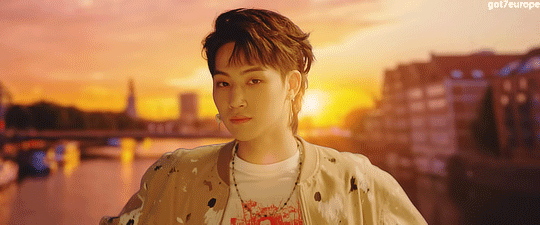
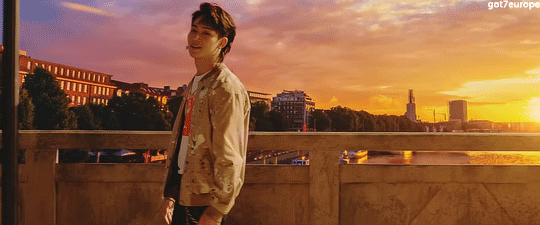

jb → look
4K notes
·
View notes
Photo


8K notes
·
View notes

